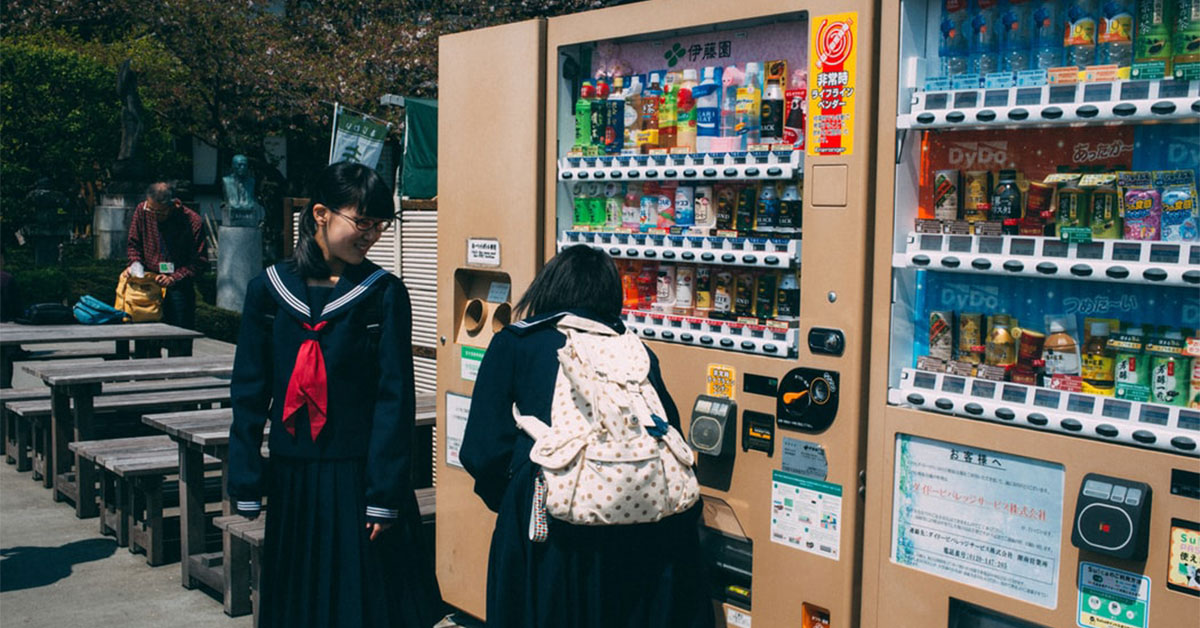It has been close to a month since the start of the COVID-19 outbreak and the situation is not getting any better. In fact, it’s actually getting worse, especially in countries like South Korea and Japan.
With new cases popping up in so many countries every day, it is no wonder that all the countries are stepping up their precautionary measures to curb the spread of the coronavirus.
Dr Tedros Ghebreyesus, the head of the World Health Organisation, said that the global outbreak has now reached a “decisive point” and has “pandemic potential”. As such, he hopes that all countries will take precautionary measures immediately and aggressively in order to contain the virus.
He added, “This is not a time for fear. This is a time for taking action to prevent infection and save lives now.”
And so…
Japan’s Closure Of Schools
Japan’s PM Shinzo Abe has just announced that all schools in Japan will be closed starting from Monday (2 March) until late March or early April to protect everyone from COVID-19.
Mr Abe added that the first few weeks of March are an “extremely critical period” in order to curb the spread of the virus. He said, “The government attaches the top priority to the health and safety of the children.”
This move was made after China made the decision to continue with school closure after the Spring Festival (Chinese New Year) holiday. All 200 million students in China have been asked to attend e-learning classes from their own homes.
Hong Kong has also closed all schools until April.
With the announcement of school closure in Japan, many parents have expressed their concern over what will happen to their children, especially if they are working parents.
One parent took it to social media to share, writing, “My honest feeling – all schools on break? It’s important to protect children, but what happens if they have working parents?”
In response to this, officials have announced that child daycare centres and after-school facilities will remain open.
Japan’s Current COVID-19 Situation
As of now, more than 200 people have tested positive for COVID-19 in Japan.
One forty-something woman in Osaka was confirmed to have tested positive again after recovering from the virus previously.
According to a statement, she was a tour guide who had come into contact with Wuhan visitors and was first confirmed to have been infected in late January. She was later discharged from the hospital on 1 February.
In case you think that this is an outlier, health officials in the southern Chinese province of Guangdong have also claimed that some patients there who were deemed to be fully recovered and discharged from the hospital have later tested positive again for the virus.
And this raises the question, can one be re-infected?
Can One Be Re-Infected?
Unfortunately, many scientists still don’t know much about the virus, and it is not clear that the virus will indeed infect people more than once.
According to the reports from China and Japan, there is a group of people who seemingly recovered from the virus but later tested positive again within a few weeks.
Join our telegram channel for more entertaining and informative articles at https://t.me/goodyfeedsg or download the Goody Feed app here: https://goodyfeed.com/app/
While it could be the possibility that they were re-infected, it could also be due to a few other reasons.
For example, it is possible that the patients had not fully recovered from the virus and were discharged and allowed to go home. The virus may have worsened overtime when they were home and thus they were seen to be “re-infected”.
Another factor could be the fact that the tests used to determine if the virus is still present is not always accurate. This means that there could be times where the test is not sensitive enough to detect a dormant virus or very low-level symptoms.
Anal swabs have been used but they are not 100% reliable at detecting the virus.
As of now, there is still insufficient information on these specific cases for scientists to come to the conclusion of whether the virus does or does not give future immunity.
Nevertheless, if re-infection is really possible, experts claim that the virus could act like the common cold and infect people on a seasonal basis.
Just like H1N1.



